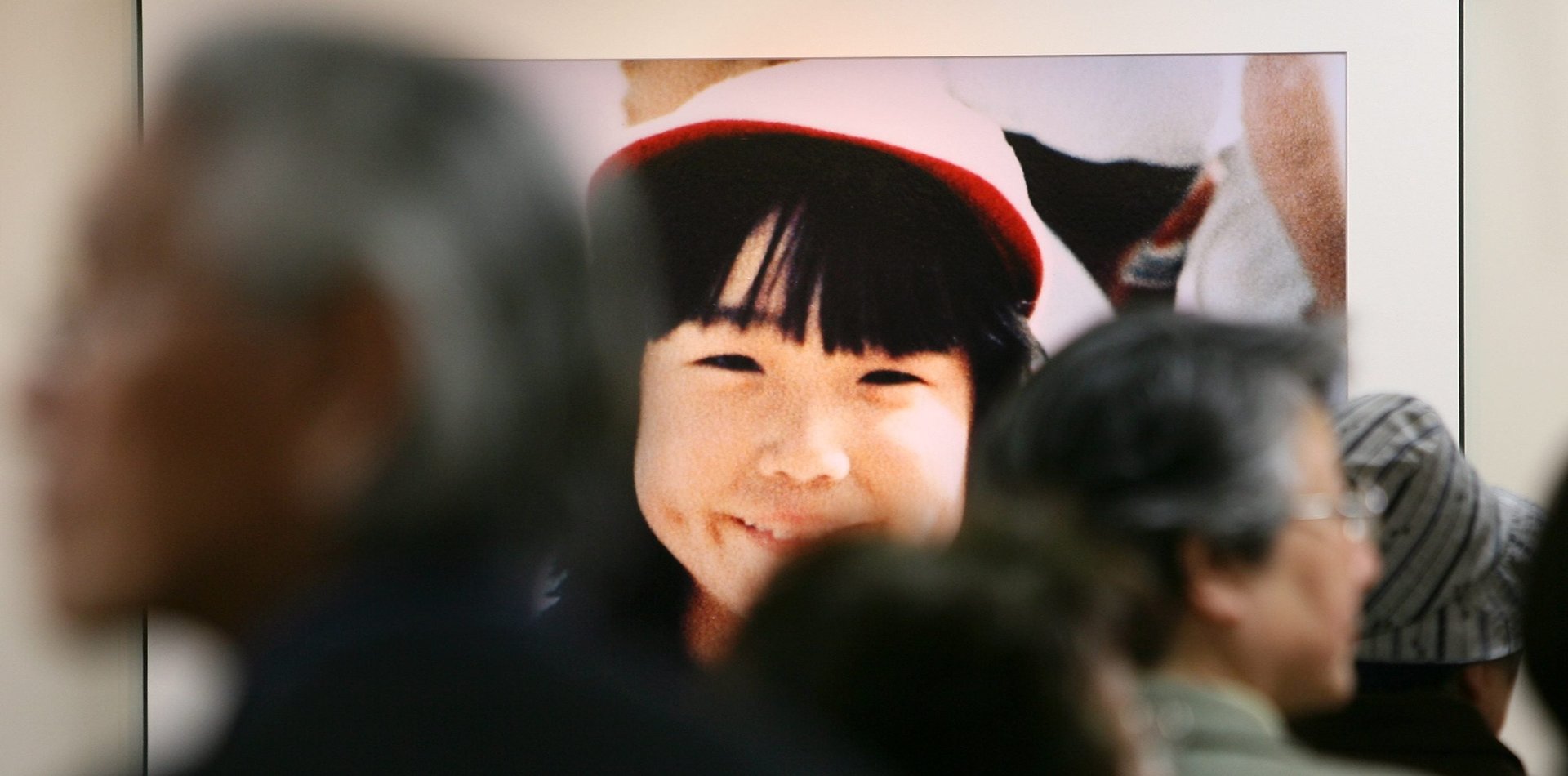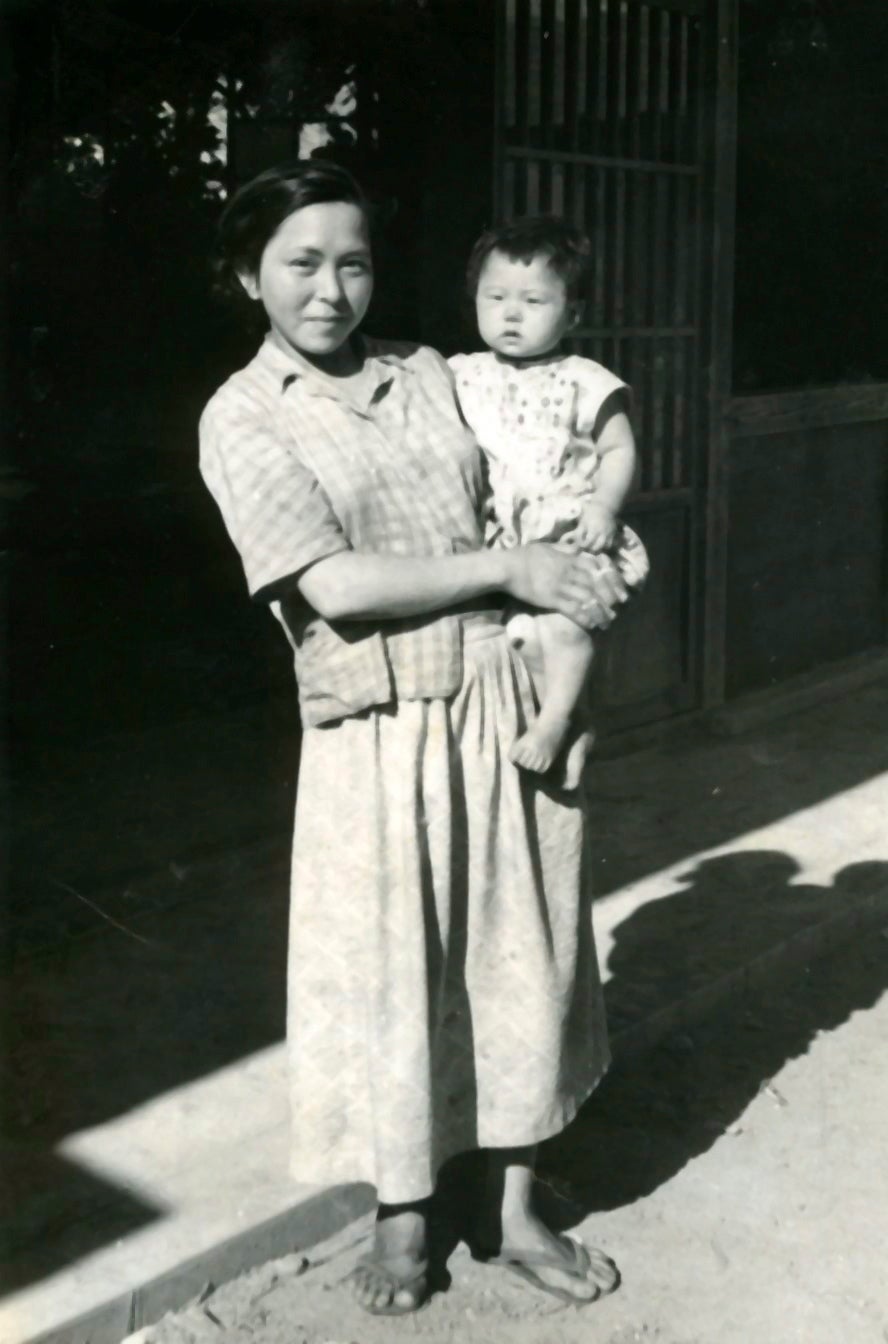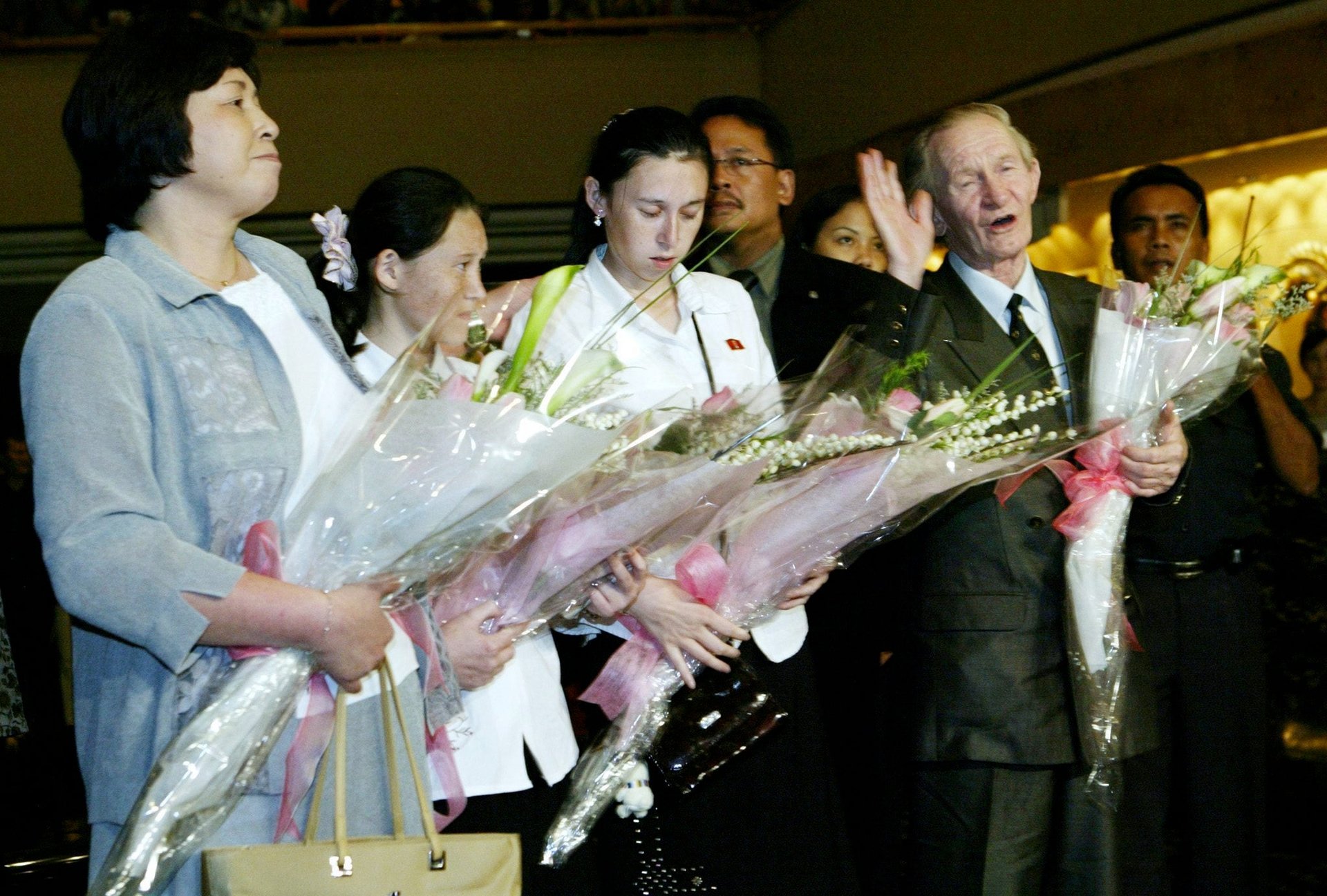Don’t forget about us, Japanese victims of North Korea’s abductions say
In Japan’s relationship with North Korea, the ballistic missiles Pyongyang has sent over Japanese islands—including one today—tend to garner the most attention. But there’s a less-noticed matter that, for some, cuts much deeper: the fate of Japanese citizens abducted by North Korea.


In Japan’s relationship with North Korea, the ballistic missiles Pyongyang has sent over Japanese islands—including one today—tend to garner the most attention. But there’s a less-noticed matter that, for some, cuts much deeper: the fate of Japanese citizens abducted by North Korea.
Authorities have identified 17 citizens who were forcibly taken from Japan to North Korea since the 1970s. Among those who eventually managed to return to Japan was Hitomi Soga, the wife of Charles Jenkins, who deserted the US military during the Korean War and crossed into North Korea. Soga was abducted in 1978 with her mother, who never returned.
Ahead of the 15th anniversary of her homecoming, Soga gave a press conference yesterday (Sept. 14) and asked the Japanese public not to forget about the abduction issue, which she said was “much larger” than North Korea’s missile program. Soga, 58, added that it was becoming harder to get people on the street to sign petitions related to the abduction issue and urged the government to step up its efforts to resolve the abduction issue.

Of the 17 known abductees, five have already been returned to Japan, according to the government. Soga and Jenkins, 77, now live on Sado island off Japan’s west coast with their children. Of the remaining 12, Pyongyang has said that eight have died and four were never abducted, but Tokyo disputes those claims. Tokyo says two North Koreans who were living in Japan were also abducted from the country.
The five abductees who returned to Japan did so after a breakthrough in relations when then prime minister Junichiro Koizumi met with former North Korean leader Kim Jong-il in 2002 in Pyongyang. Kim, admitting to the abductions for the first time, said they happened because North Korean special forces got “carried away by a reckless quest for glory.” Japan has issued arrest warrants for 11 North Koreans for their suspected involvement in the abductions.
Robert S. Boynton, an author of a book about North Korea’s abductions, said that Kim Jong-il in fact expanded the kidnapping program inherited from his father to a global scale, snatching people from countries like Lebanon, France, and the Netherlands to train North Korean spies.
Jenkins, fearing arrest by authorities for his desertion, remained in North Korea with his two children until 2004, when he left the country and surrendered himself (paywall) to the US military in Japan.
The relative of another abductee also spoke to the Japanese public yesterday. Hajime Matsumoto, 70, whose younger sister Kyoko was abducted 40 years ago, told students (paywall) at an elementary school in Tottori prefecture that he hoped “as many children as possible will become interested in the abduction issue,” according to the Japan Times. Soga also gives talks to students at schools around Japan to keep the issue alive.

When prime minister Shinzo Abe was elected in 2012, he said that resolving the abduction issue was a key priority for his administration. Two years later, the parents of Megumi Yokota, who was abducted from Japan when she was 13 in 1977, were allowed to reunite with their daughter at a secret meeting (paywall) in Mongolia. Later that year, North Korea agreed to reopen a probe into the matter, with Tokyo relaxing some sanctions in return. However, last year North Korea abandoned the investigation after Japan slapped sanctions on the Kim regime in response to a nuclear test.
Megumi Yokota’s brother Takuya, who is also the secretary general of the Association of Families of Victims Kidnapped by North Korea, said this month (paywall) that he wants the US to re-list North Korea as a state sponsor of terrorism, a designation that was lifted in 2008.
With North Korea’s missile launches dominating the news, Soga’s quest to convince the public that the decades-old abduction issue is more pressing is unlikely to succeed.